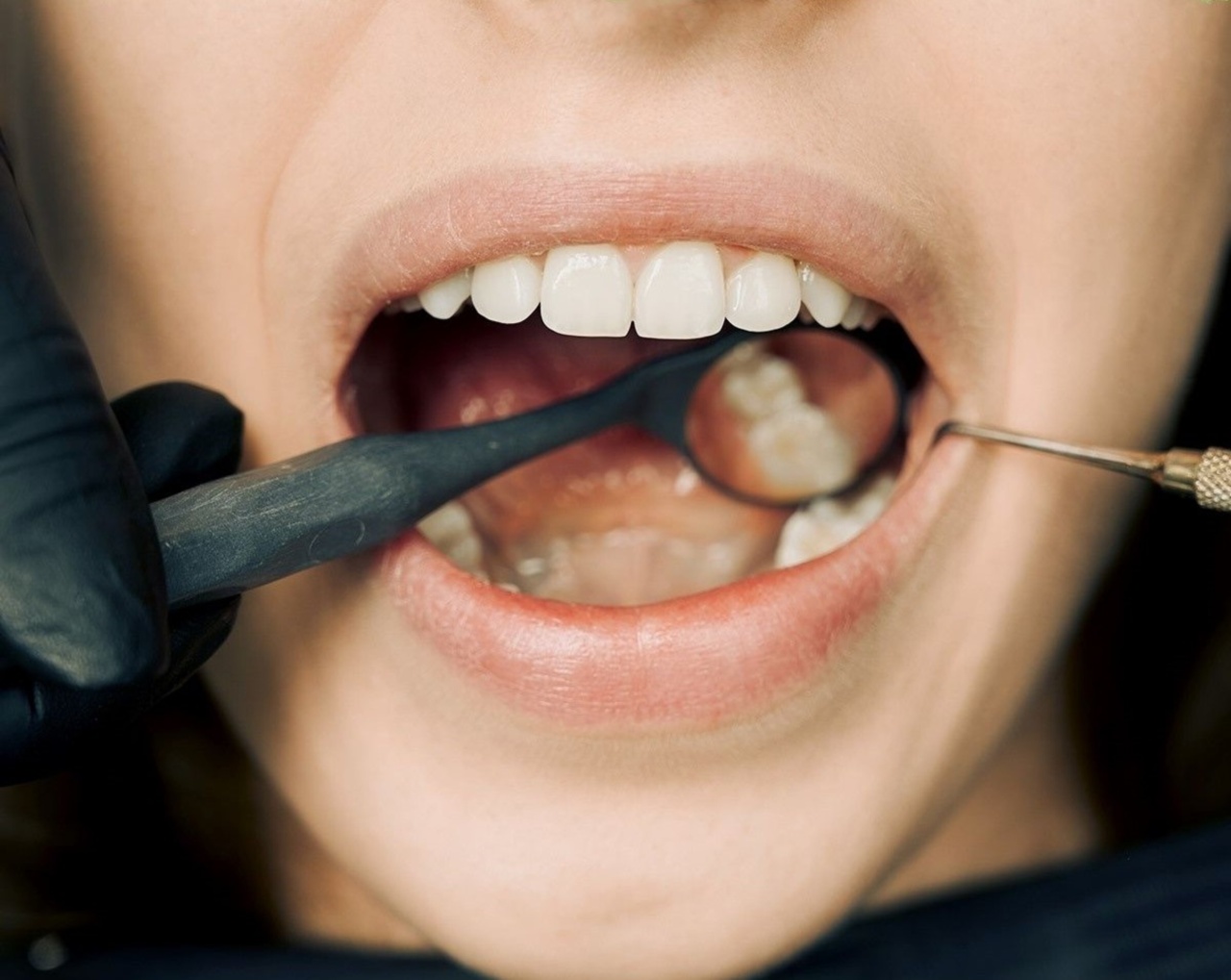Our oral health is essential, and proper care is necessary to maintain healthy teeth and gums. While we are aware of the importance of brushing, flossing, and regular dental check-ups, some everyday habits can unknowingly harm our oral health.
One such habit is using acidic oral solutions, which, if not used with caution, can lead to tooth damage. In this article, we will discuss the reasons why acidic oral solutions can harm our teeth and provide insights into how to protect our oral health.
The Role of Acidity in Tooth Damage
The natural state of our teeth is slightly alkaline. When we consume acidic foods or beverages, the acid can temporarily lower the pH level in our mouths.
Under normal circumstances, our saliva helps neutralize these acids and restore the balanced pH level within a short period. However, extended exposure to high acidity can create an imbalance, leading to tooth erosion and damage over time.
Understanding Tooth Enamel
Tooth enamel is the hard, protective outer layer of our teeth. It is the hardest substance in our body and shields the inner layers from various external factors.
However, enamel is susceptible to erosion caused by acids, as it does not regenerate once damaged. Continuous exposure to acidic oral solutions weakens the enamel, making our teeth vulnerable to decay, sensitivity, and other dental problems.
Common Acidic Oral Solutions
Many oral solutions that we use daily contain varying levels of acidity. Below are some commonly used acidic oral solutions:.
1. Lemon or Lime Juice
Lemon or lime juice, although known for their health benefits, are highly acidic in nature. While consuming them in moderation poses no significant risk, using undiluted citrus juices as a mouthwash can harm the teeth due to their acidic properties.
2. Vinegar
Vinegar, both apple cider vinegar and white vinegar, contains acetic acid. This acid can weaken the enamel if used undiluted or in excessive amounts as a mouth rinse.
3. Carbonated Drinks
Carbonated drinks, such as sodas and sparkling water, are acidic due to the carbonation process. These drinks often have high levels of phosphoric and citric acids, which can lead to enamel erosion and tooth decay over time.
4. Fruit Juices
Fruit juices, especially those from citrus fruits like orange and grapefruit, contain natural acids, including citric acid. Frequent and prolonged exposure to these juices can erode tooth enamel and increase the risk of cavities.
5. Sports Drinks
Sports drinks are commonly marketed as rehydrating and replenishing electrolytes. However, they often contain high levels of sugar and acids to enhance flavor. Regular consumption can cause tooth enamel erosion and contribute to dental problems.
The Effects of Acidic Oral Solutions on Teeth
When acidic oral solutions come into contact with our teeth, they initiate a chain of chemical reactions that can lead to tooth damage. The following are some of the effects:.
1. Tooth Erosion
Acidic solutions gradually dissolve the minerals present in tooth enamel, leading to erosion. As the enamel weakens, teeth become more prone to sensitivity, decay, and discoloration.
2. Dental Sensitivity
Eroded enamel exposes the underlying dentin, which contains microscopic tubules leading to the tooth’s nerves. This exposure can cause increased tooth sensitivity to temperature, pressure, and certain foods and drinks.
3. Tooth Discoloration
As acid erosion progresses, tooth enamel thins, making the underlying yellow-colored dentin more visible. This can result in teeth appearing discolored or yellowed.
4. Cavities and Tooth Decay
When enamel is weakened by acids, the risk of cavities increases. Bacteria in the mouth can easily accumulate and thrive on damaged enamel, leading to decay and cavities.
Preventing Tooth Damage from Acidic Oral Solutions
While it is crucial to acknowledge the potential harm caused by acidic oral solutions, we can take preventive measures to protect our teeth. Here are some tips:.
1. Limit Consumption
Avoid excessive consumption of acidic oral solutions. Moderation is key. Try to minimize consumption or opt for less acidic alternatives whenever possible.
2. Use a Straw
When drinking acidic beverages, using a straw can direct the liquid towards the back of your mouth, reducing its contact with the teeth.
3. Rinse with Water
After consuming acidic oral solutions, rinse your mouth with water to help neutralize the acids and wash them away. Do not brush immediately after to avoid further enamel damage.
4. Wait Before Brushing
Wait at least 30 minutes after consuming acidic solutions before brushing your teeth. Acidic solutions temporarily soften the enamel, and brushing immediately can cause additional enamel wear.
5. Opt for Sugar-Free
Choose sugar-free versions of acidic oral solutions, such as diet sodas or sugar-free sports drinks. This reduces the risk of tooth decay caused by the combination of acids and sugar.
6. Consult a Dentist
If you are concerned about the effects of acidic oral solutions on your teeth, consult with a dentist. They can assess your oral health and provide guidance tailored to your specific needs.
Conclusion
While acidic oral solutions can offer benefits when used judiciously, prolonged and excessive exposure can lead to tooth damage.
It is essential to be mindful of the acidity levels in the solutions we use and take steps to protect our teeth from potential harm. By following preventive measures and seeking professional guidance, we can maintain optimal oral health and preserve our beautiful smiles for years to come.




























